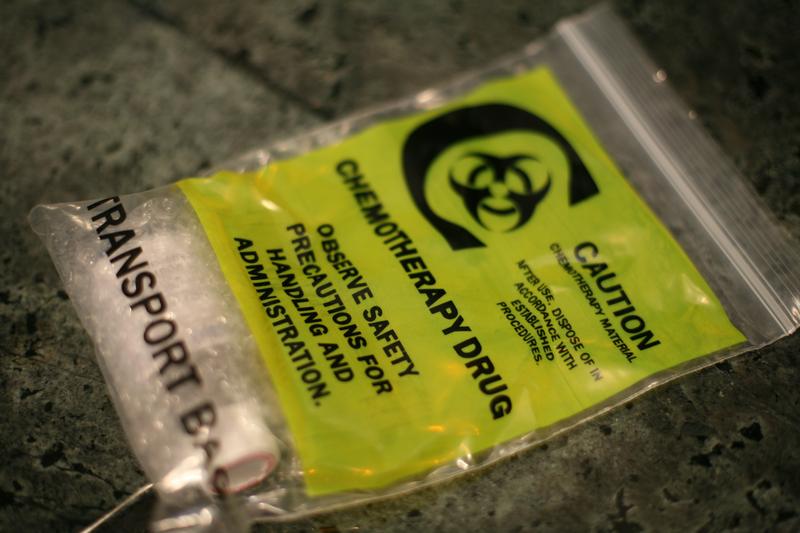
For someone with pancreatic cancer and insurance troubles, Vincent Capone said he feels pretty lucky
His cancer was detected early, and it responded well to treatment at Memorial Sloan Kettering Cancer Center.
"Luckily, the chemotherapy and radiation were effective enough that the tumor went into dormancy," the retired dentist said.
He's also lucky because he could afford a 50 percent hike in his monthly insurance premiums after learning of the abrupt demise of Health Republic, which will cease to exist by the end of the month. Capone found a private plan that allowed him to keep Memorial Sloan Kettering in network; it will cost him around $1,800 a month.
"Fortunately, I'm in a position where I can get a private plan, but it's not insignificant, that extra money," he said.
But Capone is the exception. About eight in 10 enrollees in the public health exchanges established under the Affordable Care Act rely on subsidies to make insurance premiums affordable. And patients accepting subsidies may not go out of network for care. So that leaves a good portion of the 250 Health Republic patients in active treatment at Memorial Sloan Kettering in a bad way.
Under state law, whatever new insurance they choose is obligated to keep paying Memorial Sloan Kettering without increased charges to patients — but only for 60 days. Dr. Clifford Hudis said the hospital would like to extend that time frame.
"As part of that, of course, Memorial would agree to accept the same reasonable rates from whoever steps in to cover them as we would get right now," said Hudis, the chief of the breast cancer service and vice president for government relations.
Hudis said he had a handful of patients with Health Republic coverage. At least two of them have metastatic cancer that was being held in check with long-term chemotherapy.
"Unfortunately, this is cancer that won't be cured, but it is cancer that can be controlled and in some cases for a long time," he said. "So we are going to need a solution that carries them forward."
Memorial Sloan Kettering's almost complete absence from the state health exchange has been a sore spot. Consumers saturated with the hospital's advertising have said they felt unfairly excluded from "the best cancer care anywhere". Hudis blamed the insurance companies for not including the hospital in their networks out of fear they'll become magnets for sick people needing exorbitant care.
But Leslie Moran, senior vice president at the New York State Health Plan Association, said there's another reason companies don't have Memorial Sloan Kettering in their networks: price.
"What we’ve heard from plans is that very often it’s: ‘Here’s what we expect in terms of reimbursement, and if you don’t like that, thank you very much – we don’t need to be part of your network,’ " Moran said.
Memorial Sloan Kettering officials denied this, arguing that their prices were comparable for many treatments to those found at the city's other academic medical centers, such as NYU, Mt. Sinai and New York-Presbyterian.
